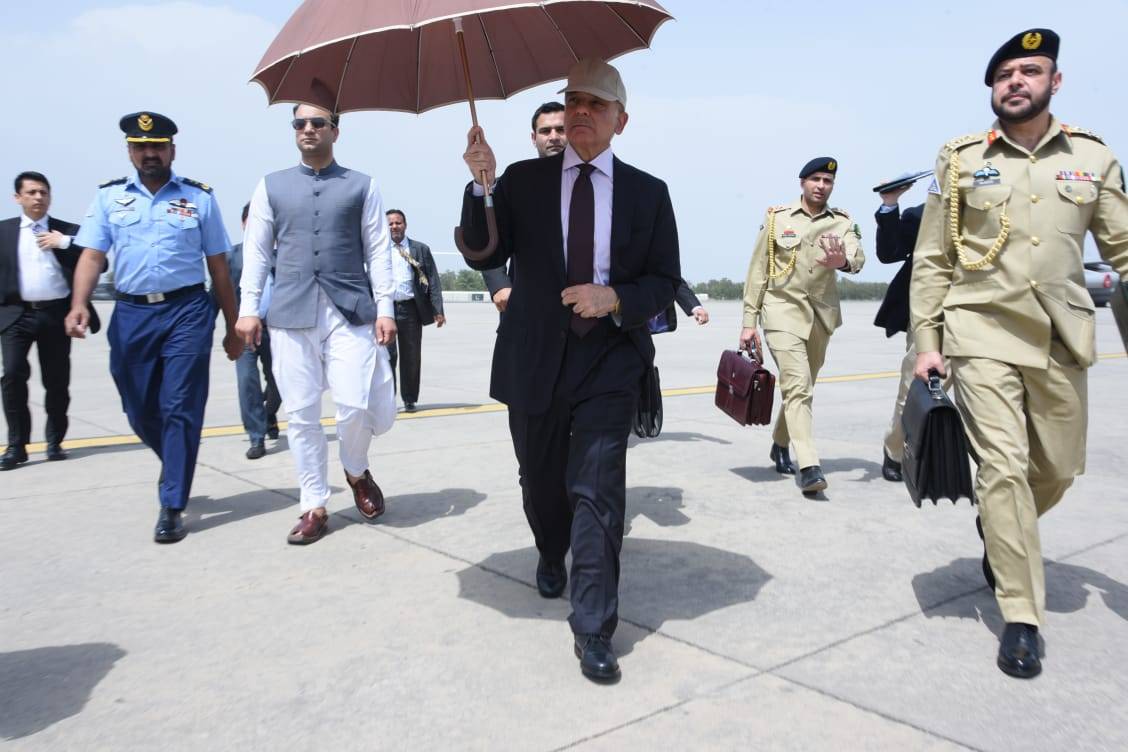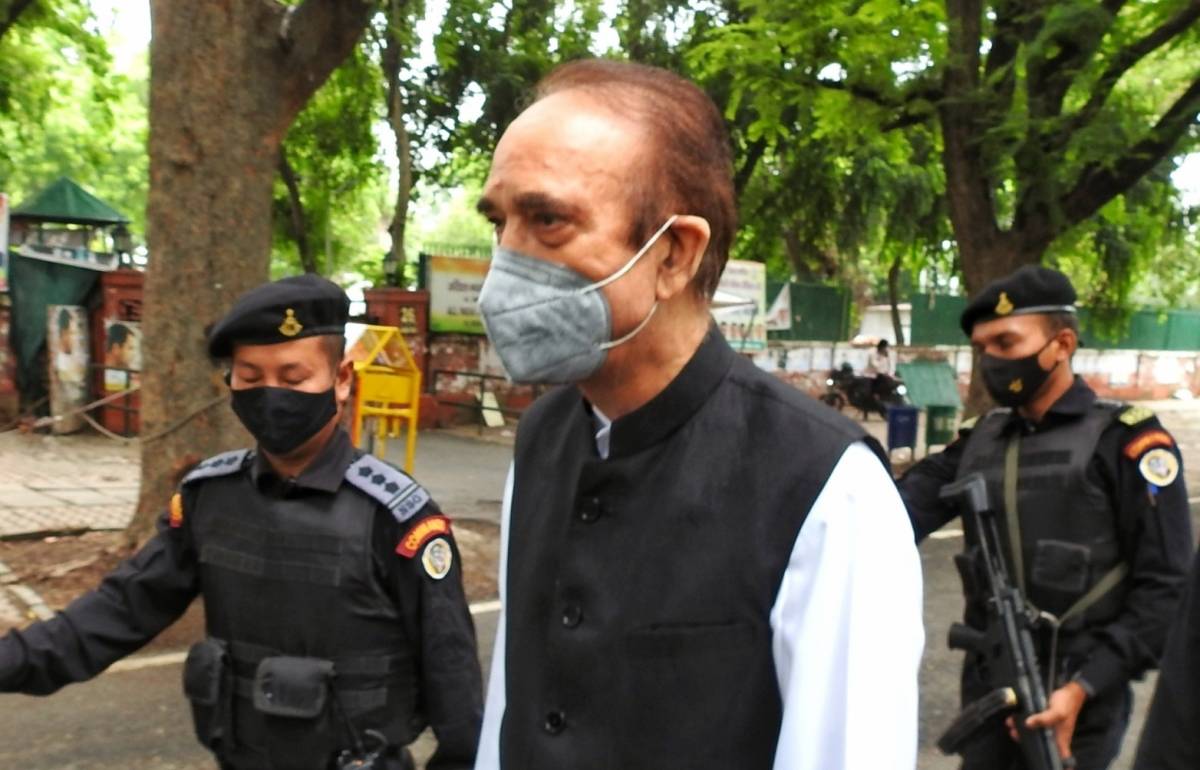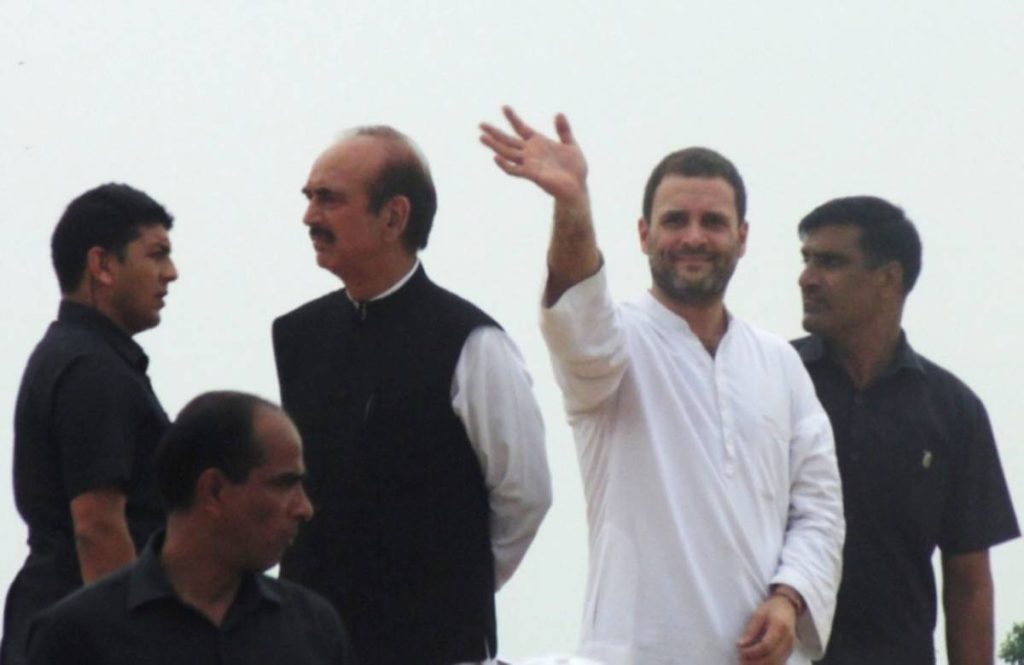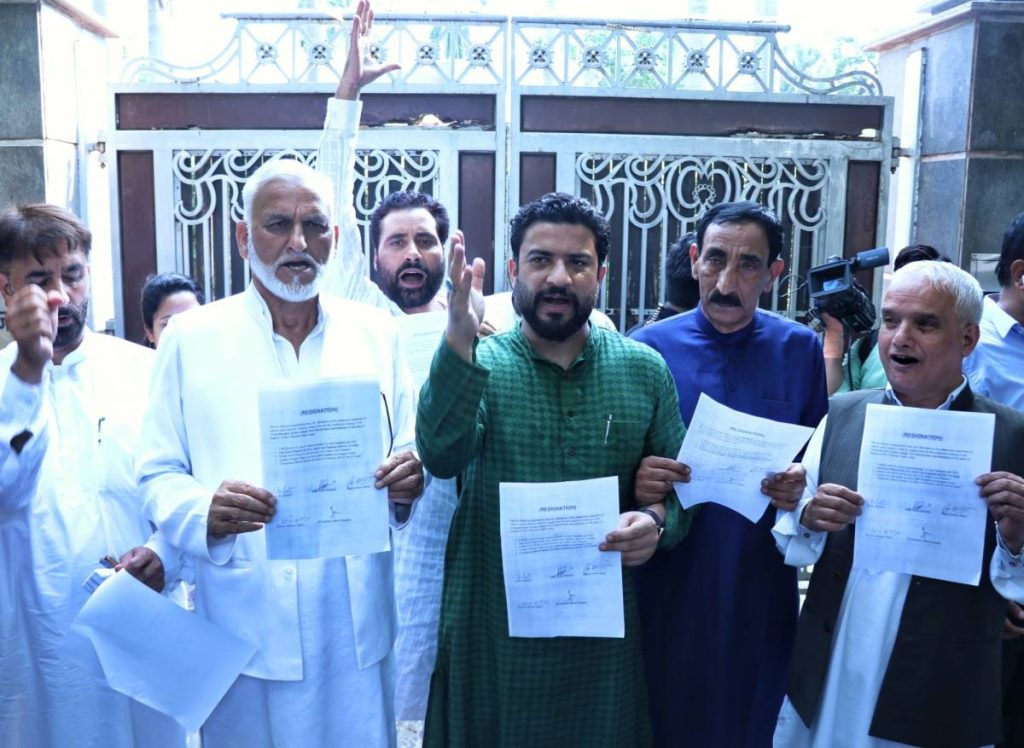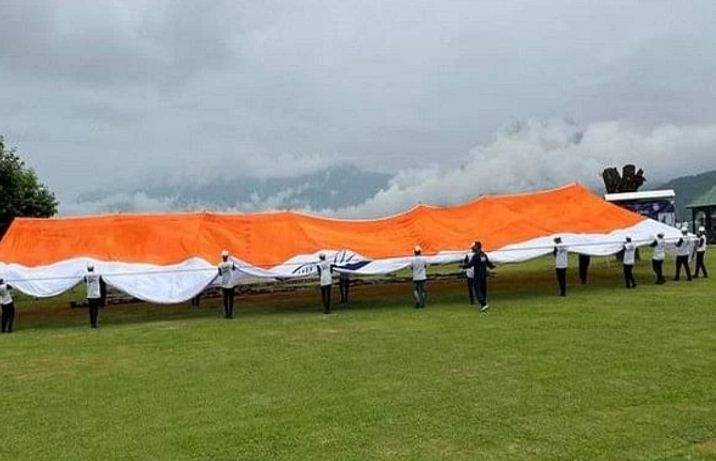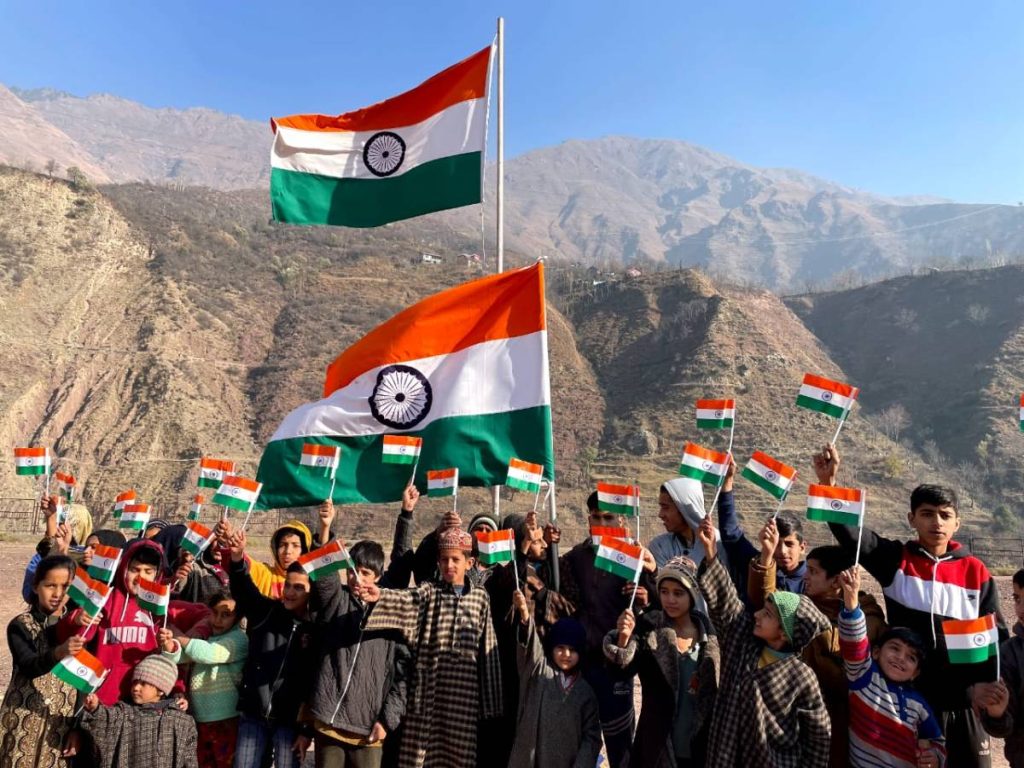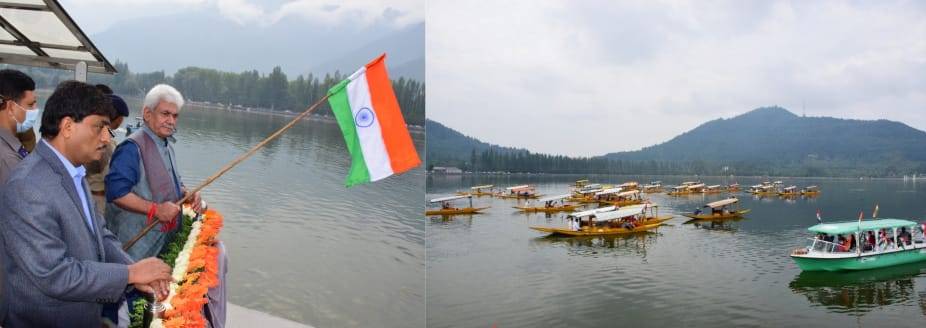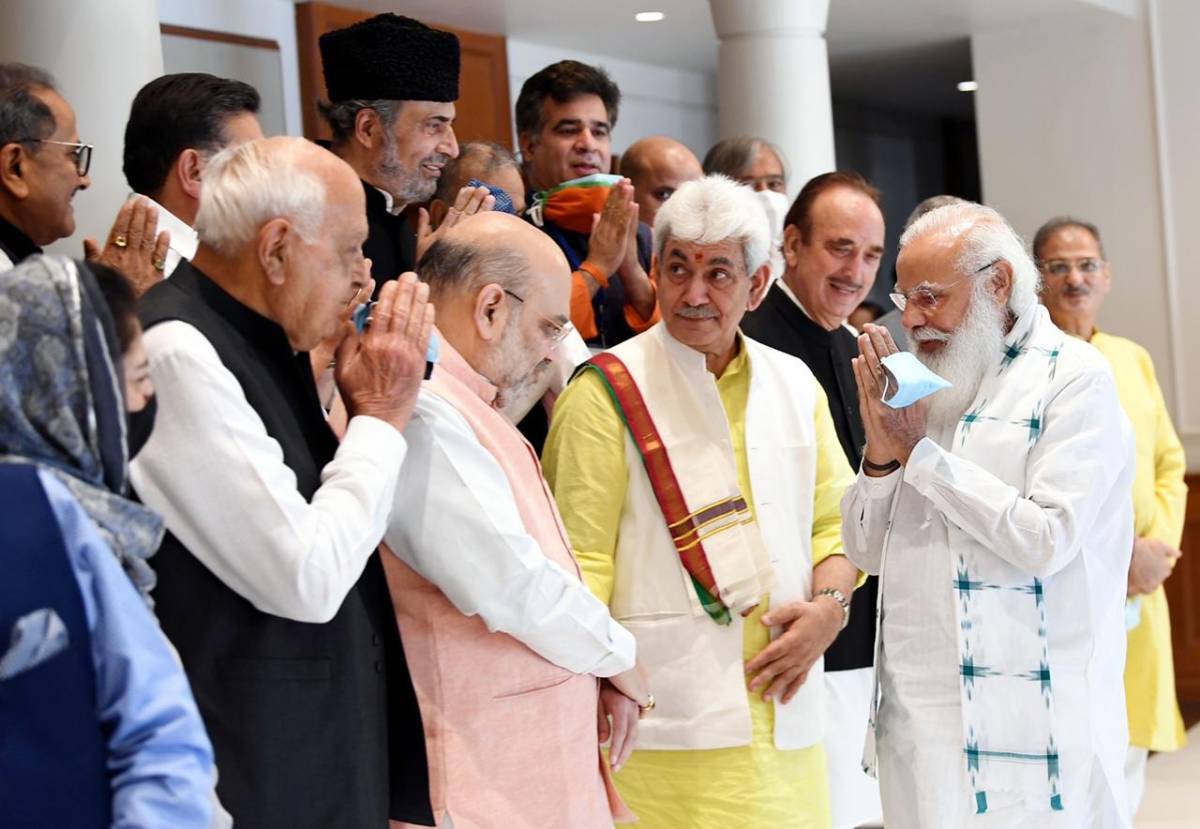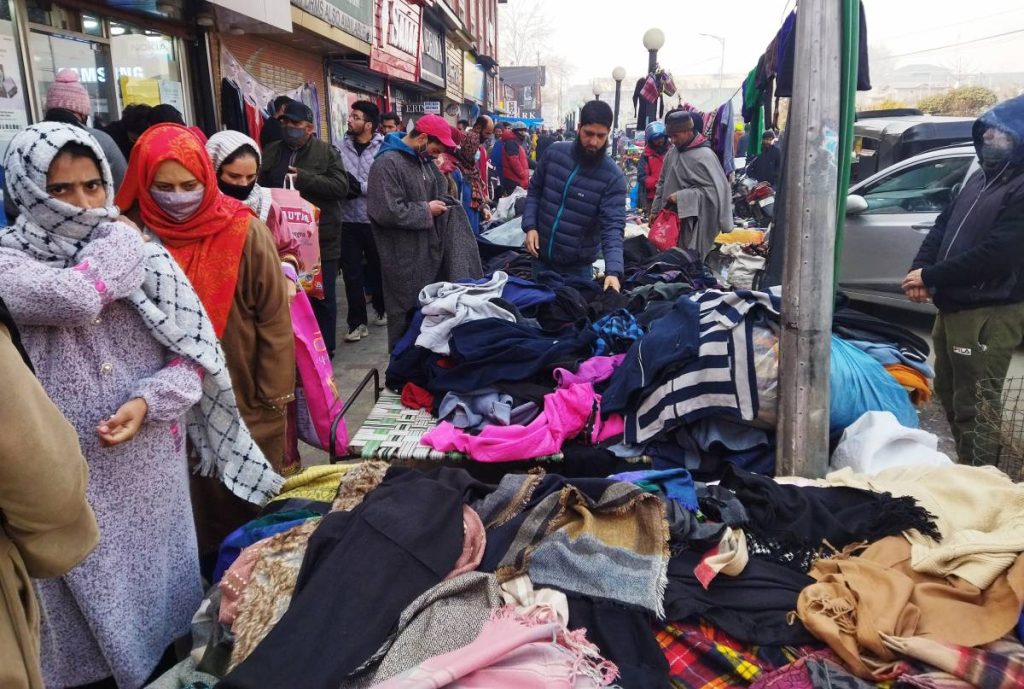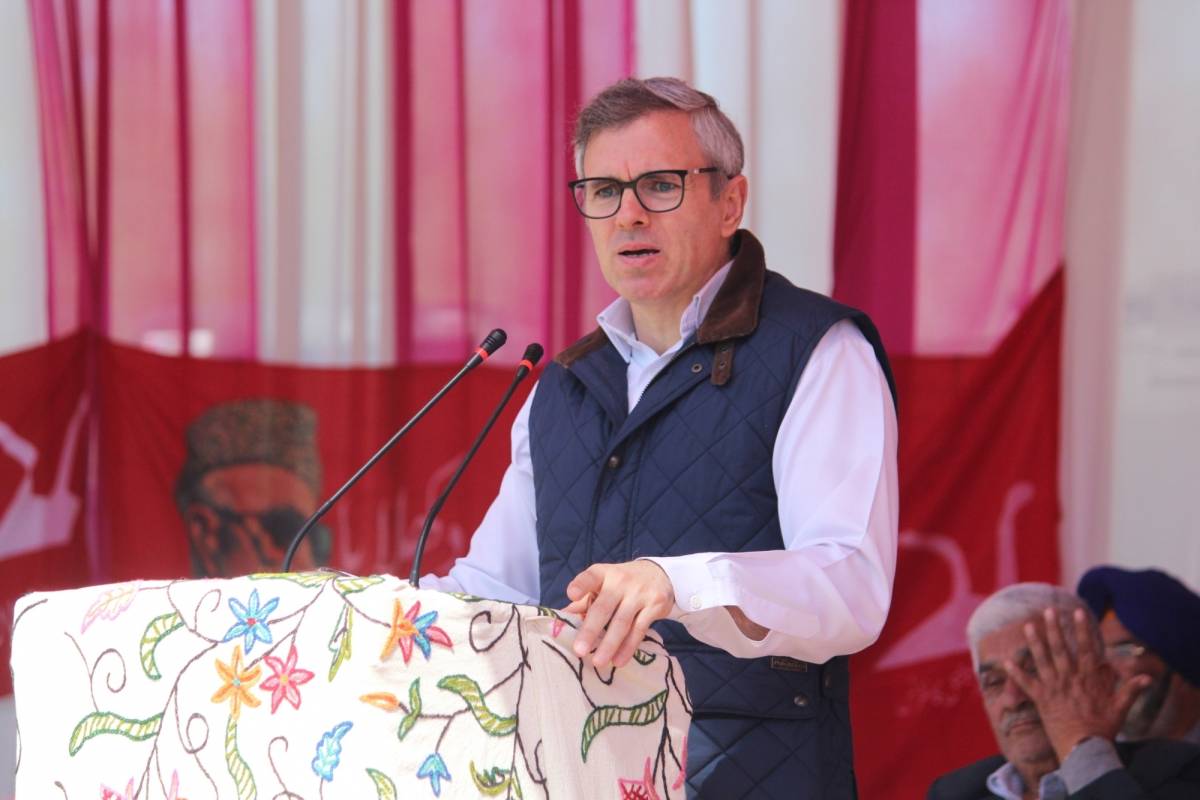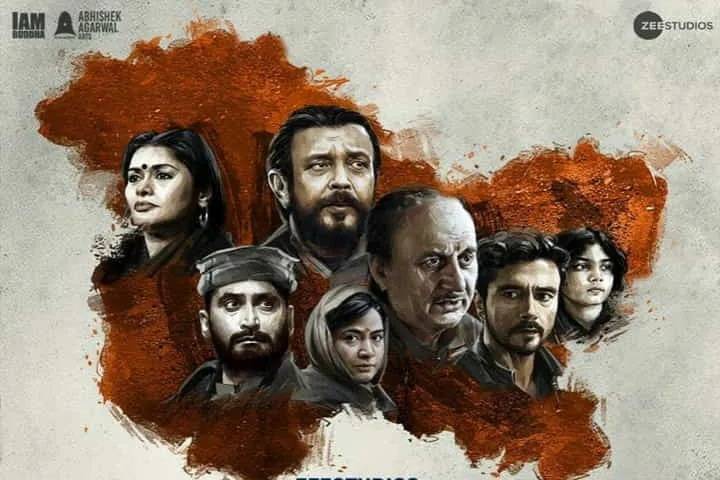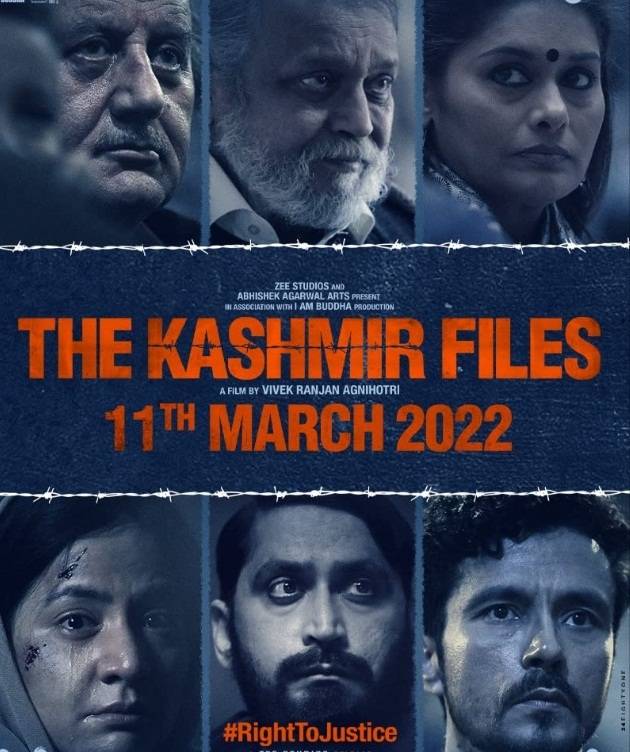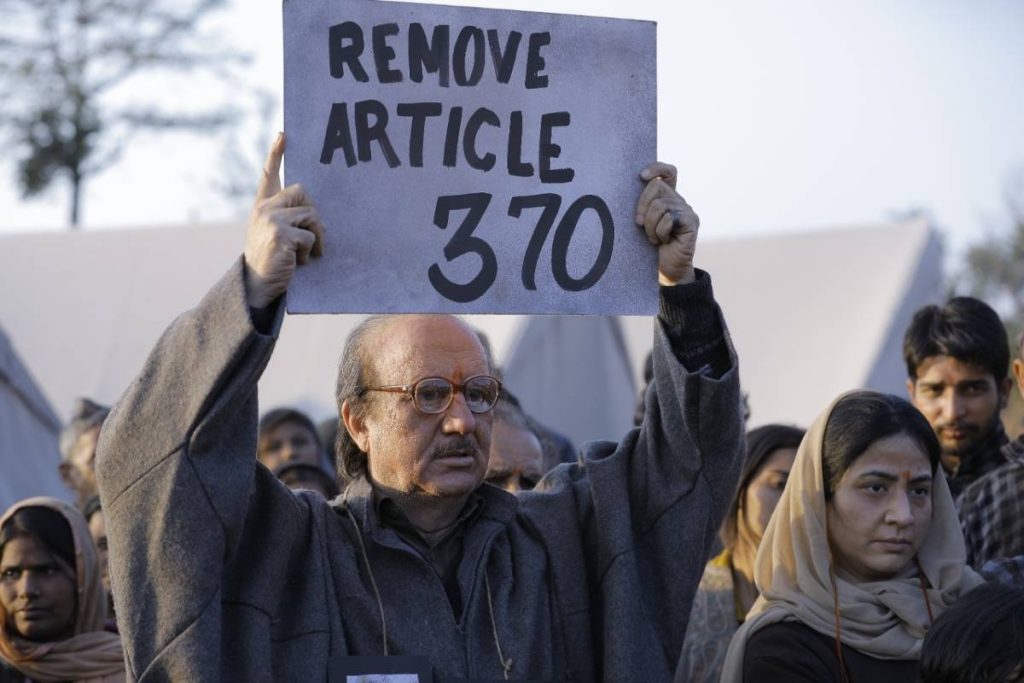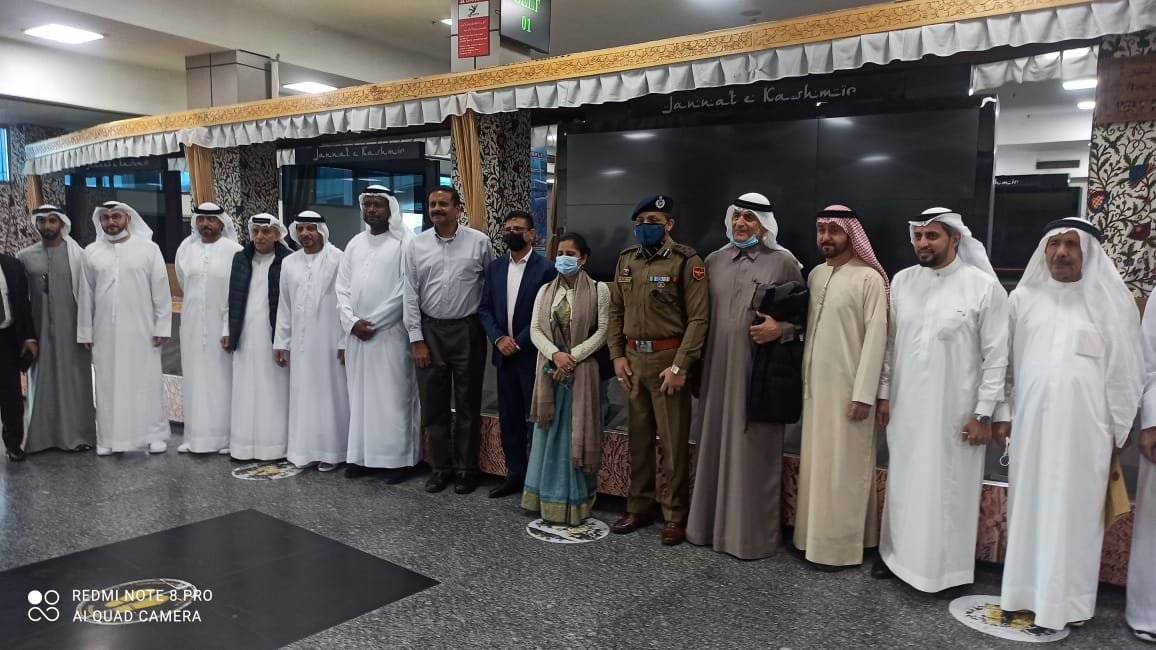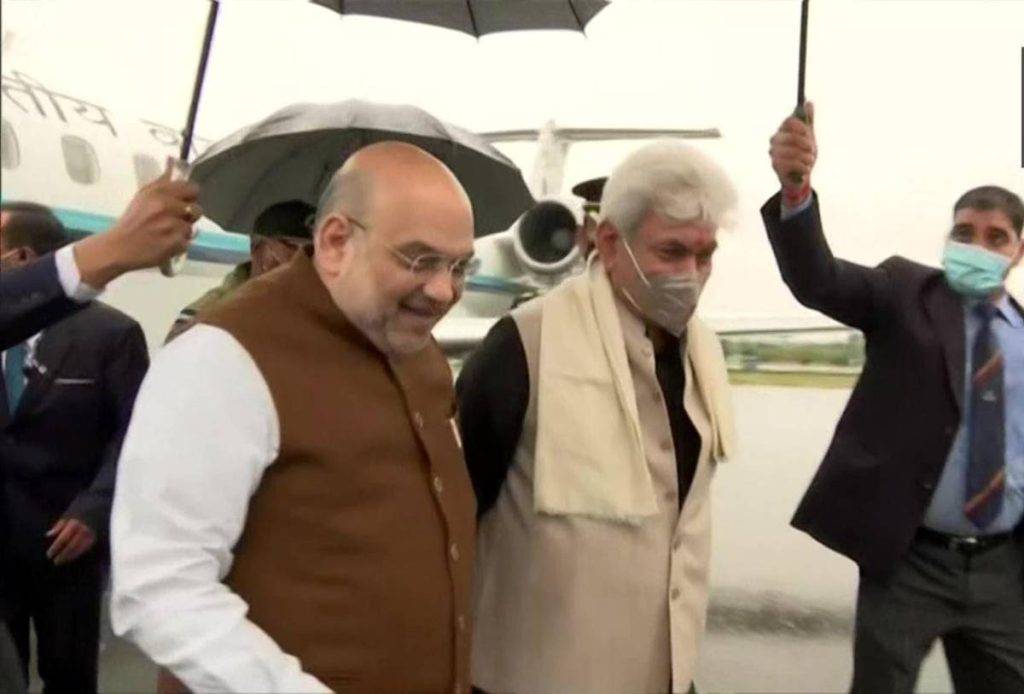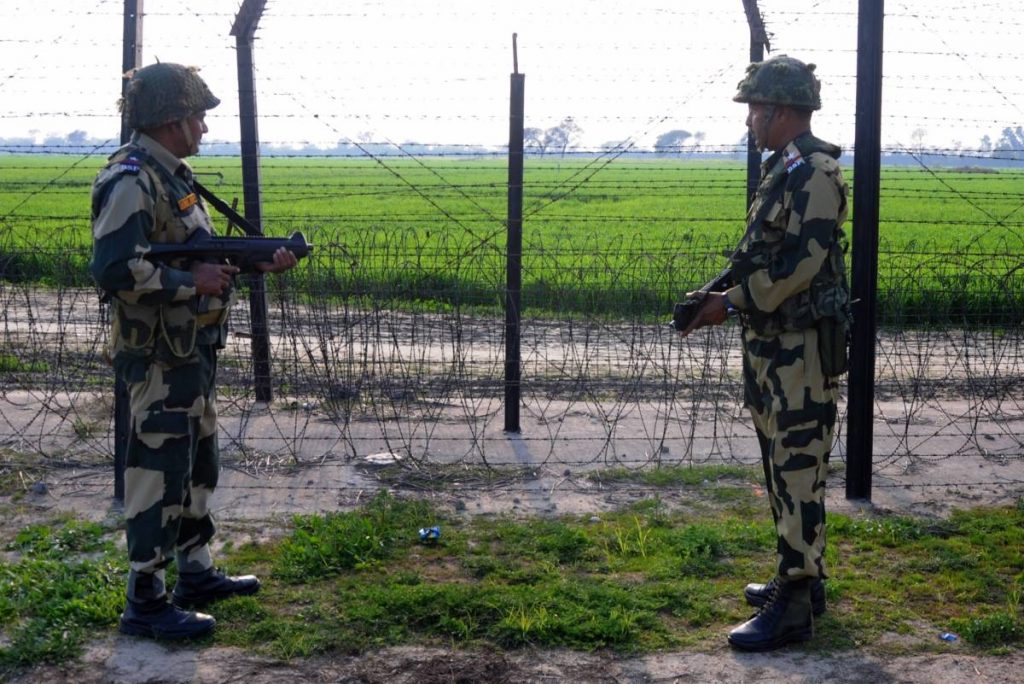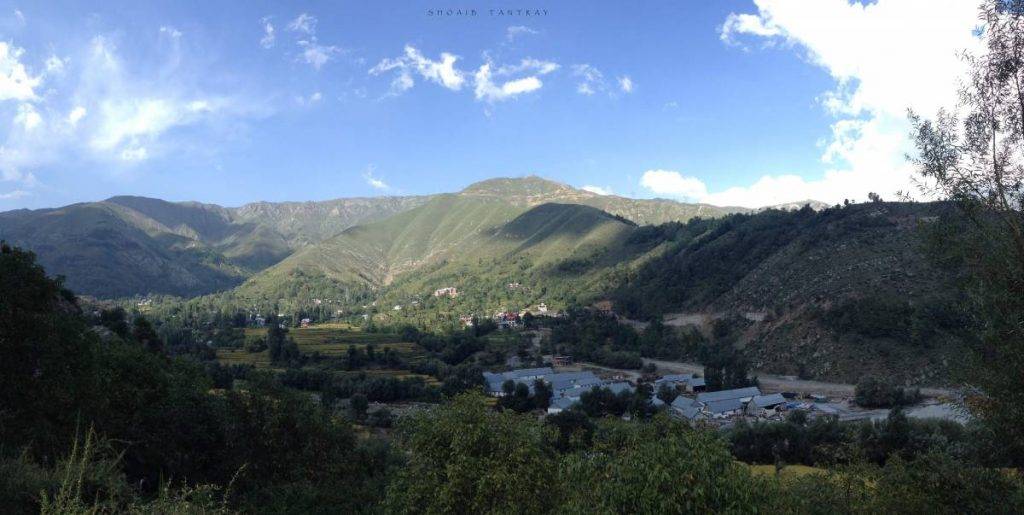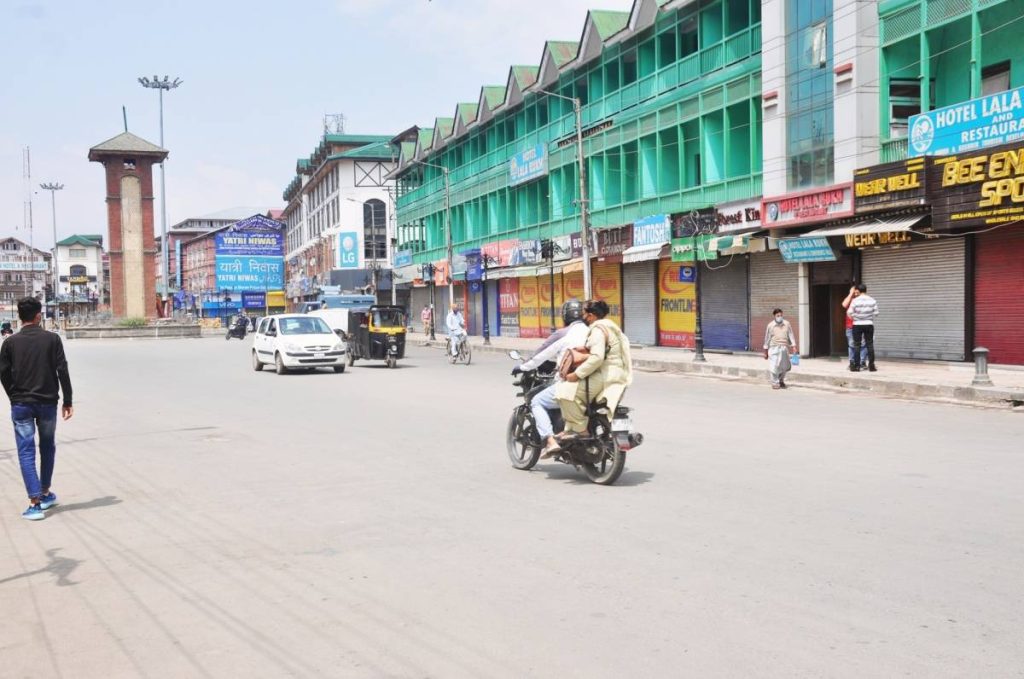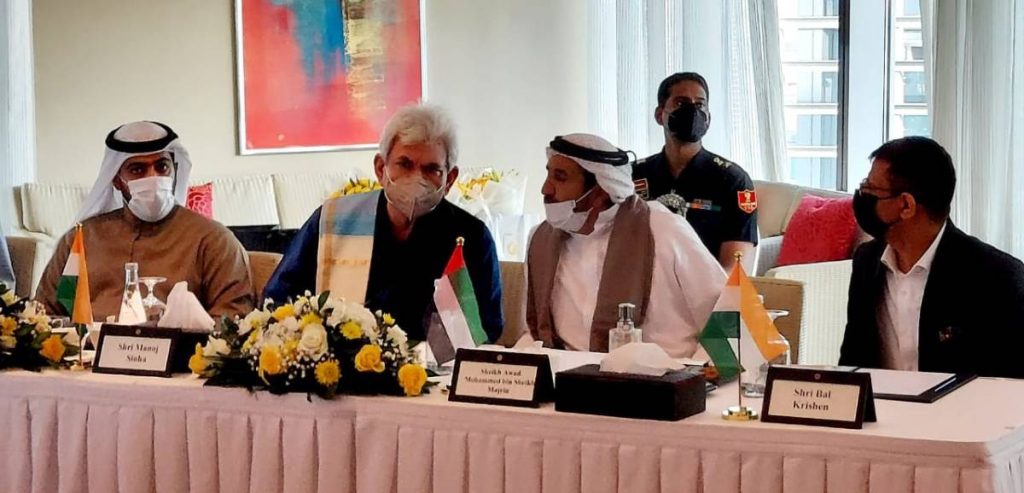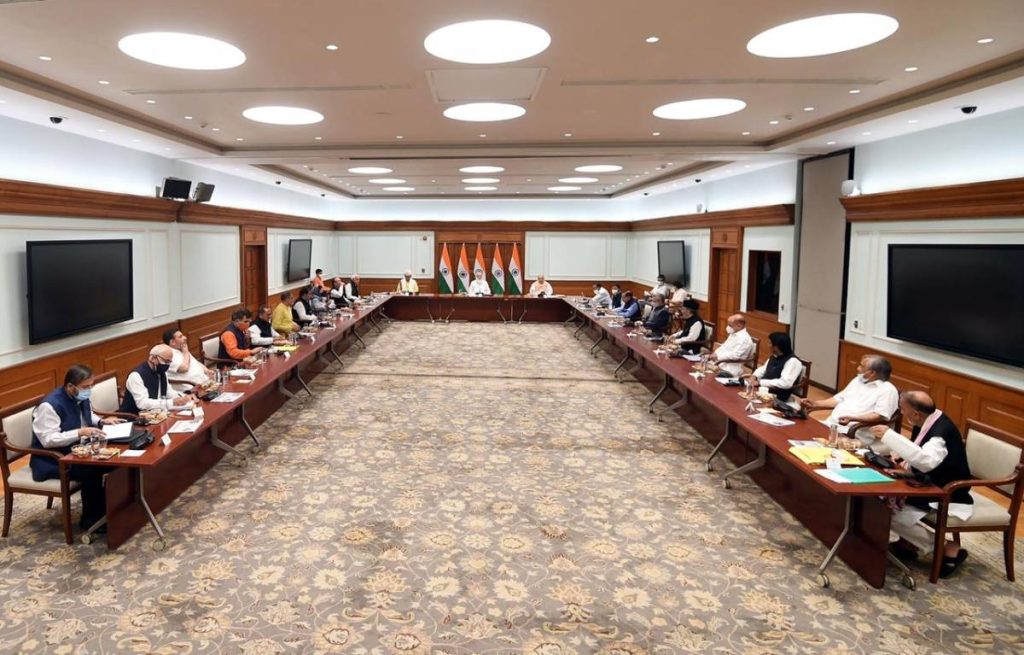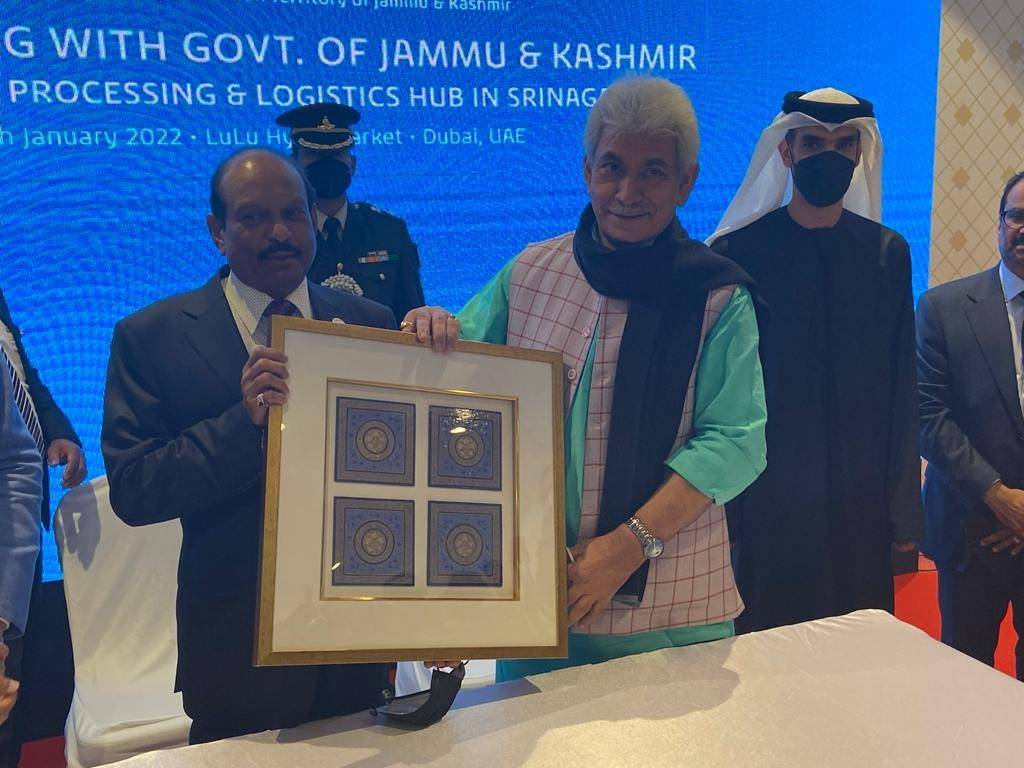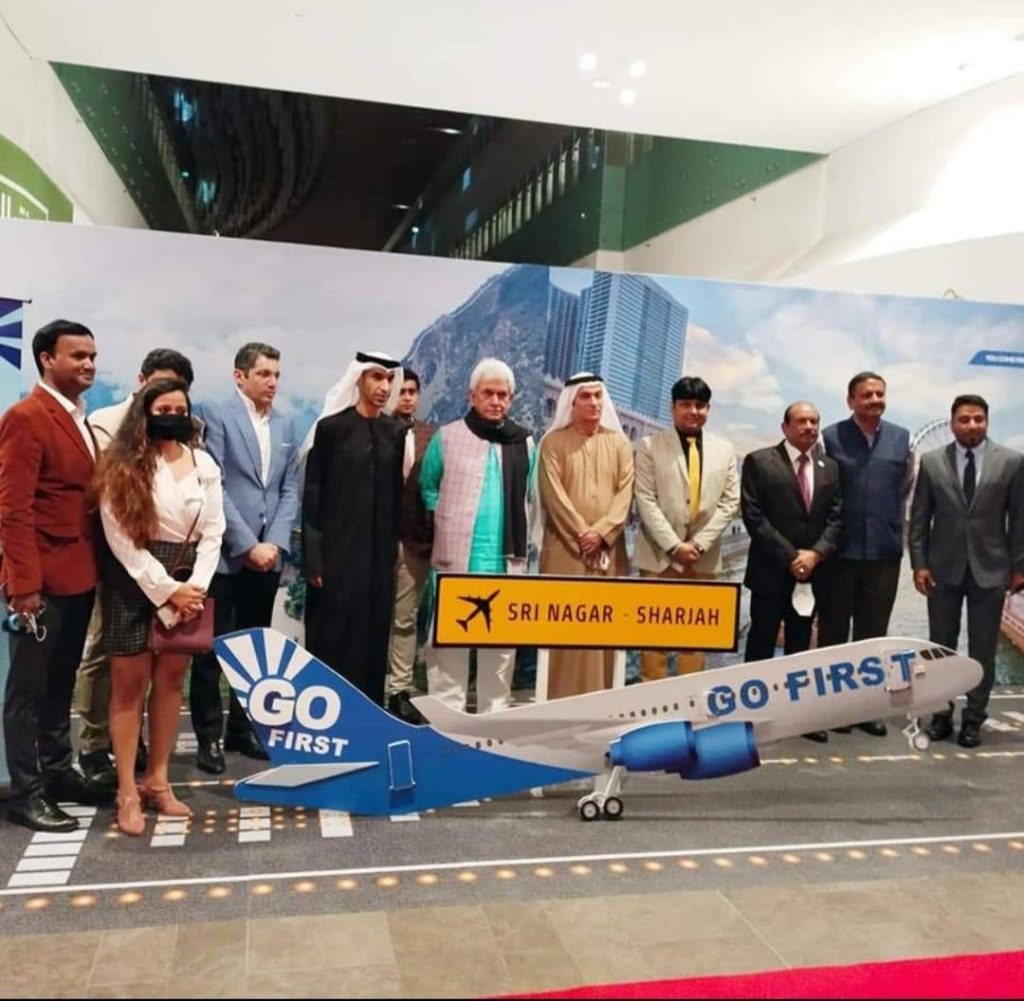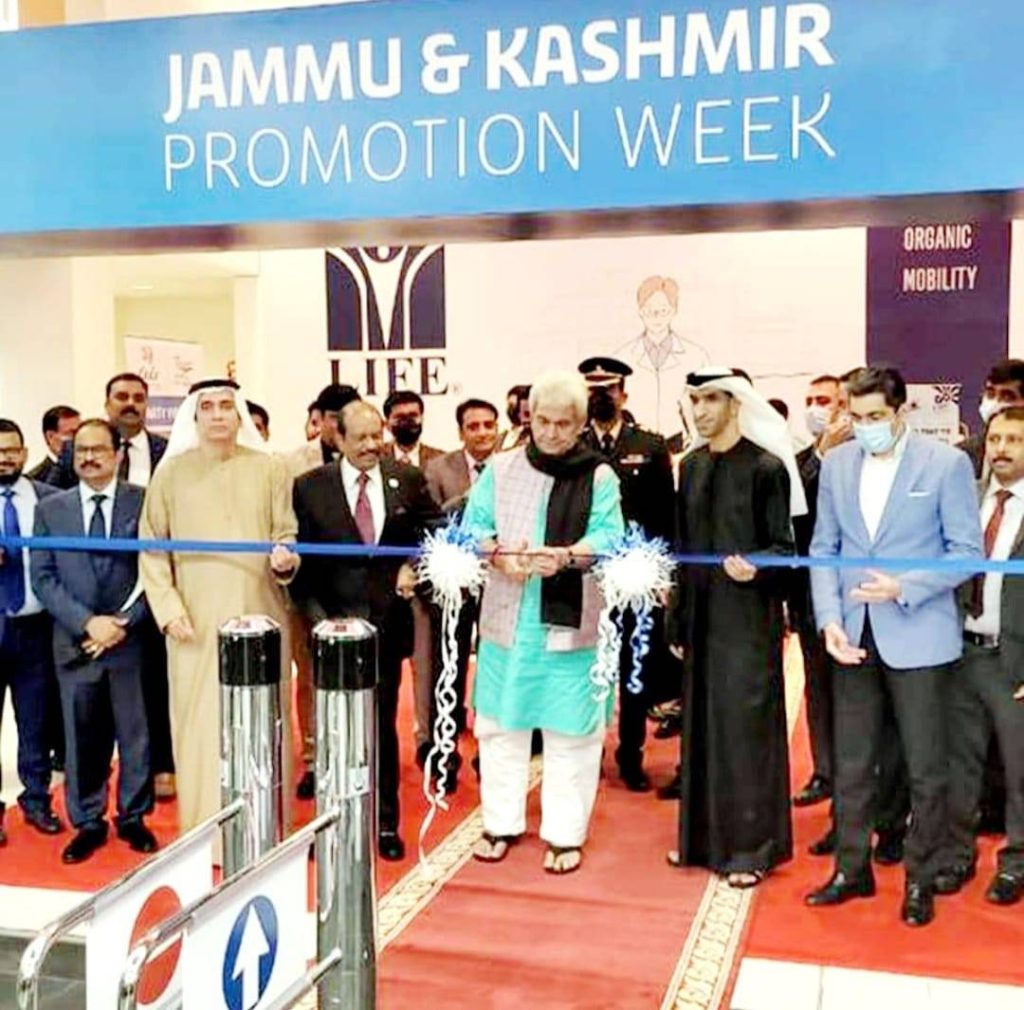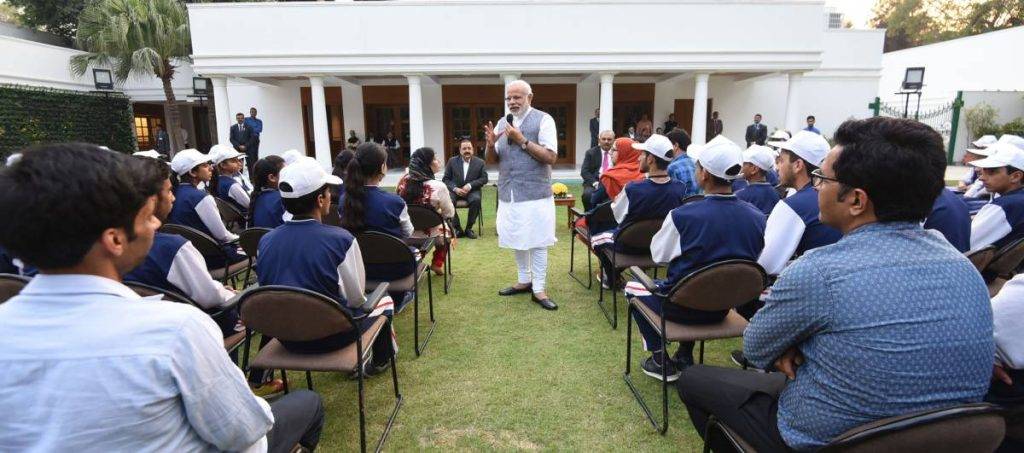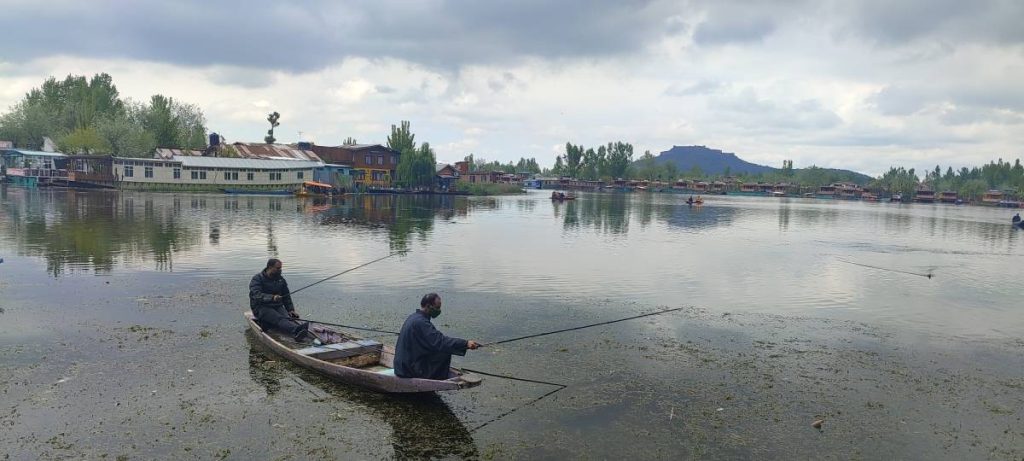Now, propelled by political compulsions, the hanging-by-threat Prime Minister Sharif and his uneasy coalition government say now “no import from India, come what may”.
Pakistan’s leaders have found it fit to play petty politics with ‘arch enemy’ India even as their country is hit by a natural calamity of unprecedented magnitude.
Heavy monsoon rain, induced by climate change, has devastated nearly a third of the country. Millions are marooned and are struggling to find food, shelter and medicines.
Food inflation skyrocketed to a 47-year high at 27.3 per cent in August. And the global lender of the last resort, the IMF has warned that runaway inflation could trigger protests and instability in the cash-strapped nation.
Federal Finance Minister Miftah Ismail wants Pakistan to import at least vegetables from India to tide over food crisis. But the issue has become a hot potato with the Opposition led by former Prime Minister Imran Khan kicking up a row over the proposal.
The beleaguered Shehbaz Sharif government has turned to Iran and Afghanistan for onions and tomatoes but it is not clear to what extent the two neighbours can oblige Pakistan.
The Imran Khan regime had banned trade with India three years ago after New Delhi did away with the special status to Jammu and Kashmir under the Indian constitution as a part of its drive to firmly deal with terrorism emanating from Pakistani soil and from Kashmir under Pakistan. And made normalization of bilateral hostage to a roll back of the decision.
Now, propelled by political compulsions, the hanging-by-threat Prime Minister Sharif and his uneasy coalition government say now “no import from India, come what may”.
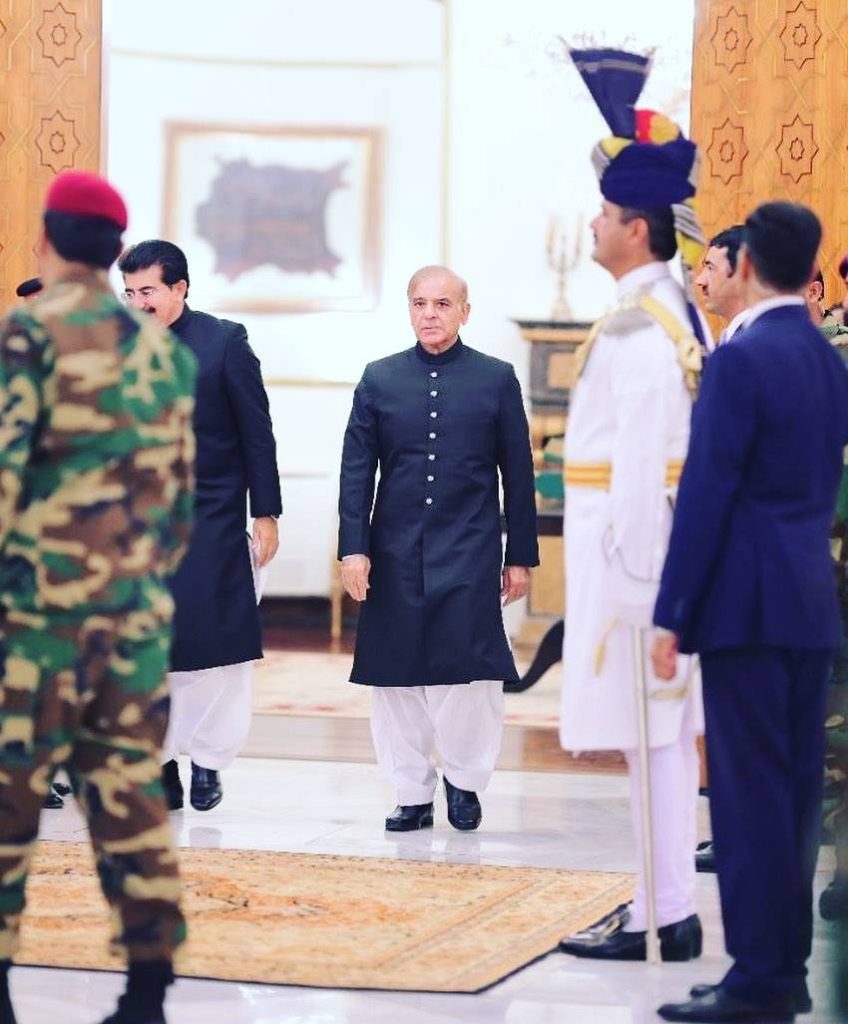
A reminder of what late Zulfiqar Ali Bhutto had said: “Pakistanis will eat grass but will have the bomb.”
Zulfiqar Ali Bhutto, the grandfather of incumbent Foreign Minister Bilawal Bhutto Zardari, was solely responsible for the separation of Bangladesh from Pakistan in 1971 when he refused to let the majority party (Awami League of Sheikh Mujibur Rehman) to form the government.
It will be interesting to watch how the UN terror funding watchdog, Financial Action Task Force (FATF), does about lifting Pakistan out of its grey list (since 2018). Its team is due to land in Islamabad for on-the-spot inspection of the measures taken to curb terror financing and money laundering in the land of the pure, as Pakistanis love to hail their country.
Pakistan’s prayer to the FATF, and money lending agencies is “take a lenient view”. This inter alia means a call to overlook lapses and assure flow of cash into the country with insatiable thirst for foreign doles.
With Prime Minister’s nod, Army chief Gen Qamar Javed Bajwa pleased the Pentagon and the White House in the only way Pakistan can: he facilitated the launch from of the drone strike in Kabul from a Pakistani airfiled that killed Ayman al-Zawahiri, the Egyptian successor of Osama bin Laden at the helm of Al Qaeda. And Americans are walking the extra mile to help the ‘former’ NATO ally without harping back on its past mischiefs.
The Pakistani government is smug after the IMF announcement of special monetary assistance and pledges of certain rich Muslim countries. But no whiff of any help from the country across the border shall reach benighted Pakistanis. Pakistanis will gladly suffer all kinds of agonies than accept anything from India.
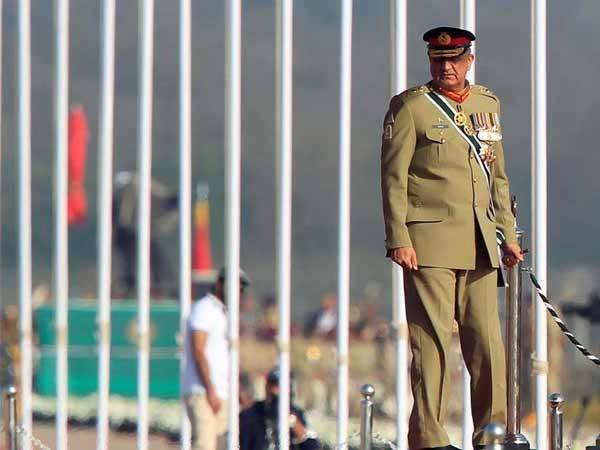
‘Resolve’ Kashmir first, says Shehbaz Sharif, before he can think of accepting any Indian help. He was repeating what Imran Khan had said when he was the Prime Minister. Shehbaz has been forced by his own rhetoric from the time he was in the Opposition.
A hint from Khan a year ago that Pakistan could resume trade with India was shouted down by the PML-N, remote controlled by party supremo, Nawaz Sharif from a luxury pad in London.
Now it is the turn of rabble-rousing Imran Khan, to lambast any talk of resuming trade ties with India even for a short period. He is using the rhetoric of the Sharif brothers had used as Opposition leaders to keep alive the politically advantageous deep anti-India sentiment nurtured right from the day Pakistan was carved out of British India 75 years ago.
Some sections, though a minority, understand that while differences over Kashmir are not going to go away soon, it is in Pakistan’s interest to trade with India. The more optimistic among them even envisage substantial economic advantage flowing from trading ties with India. But they can raise their voice on pain of being hounded for being agents of the enemy.
India has been watching the Pakistani double-speak on resuming trade with some caution and, maybe, some amusement. Prime Minister Narendra Modi has expressed his sympathies for the affected people but has said nothing on trade with Pakistan or dispatching relief to Pakistan.
His approach must have been influenced by the experience of India in its attempts to help the Eastern neighbour.
Pakistan was inundated by floods and hit by a severe earthquake twice in recent years. On both occasions India extended a helping hand as a good neighbourly gesture. How did Pakistan react?
The relief material, medicines and food items sent by India were declared ‘inadequate’ and their ‘quality questionable’; a plane-load of rehabilitation material for earthquake victims was not accepted. The announcement of monetary help was loudly denounced as ‘peanuts’ with politicians going to the extent of accusing India of being stingy in helping a distressed neighbour.
This must be weighing in the minds of the present government on the Raisina Hill in New Delhi. Being silent in the face of petty, narrow-minded politics is better than making visible overtures that are used as material for India bashing.

